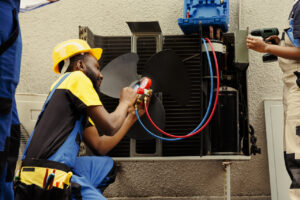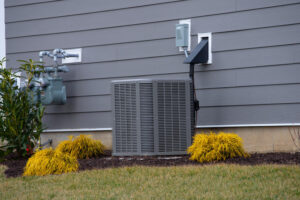
Diagnosing Speed Fluctuations in Variable Speed Blower Motors
Variable speed blower motors are meant to provide steady, efficient airflow through your HVAC system by adjusting speed based on your home’s needs. These motors don’t run at a constant high speed; instead, they change fan output to match conditions, helping improve comfort and lower energy use. During the summer



